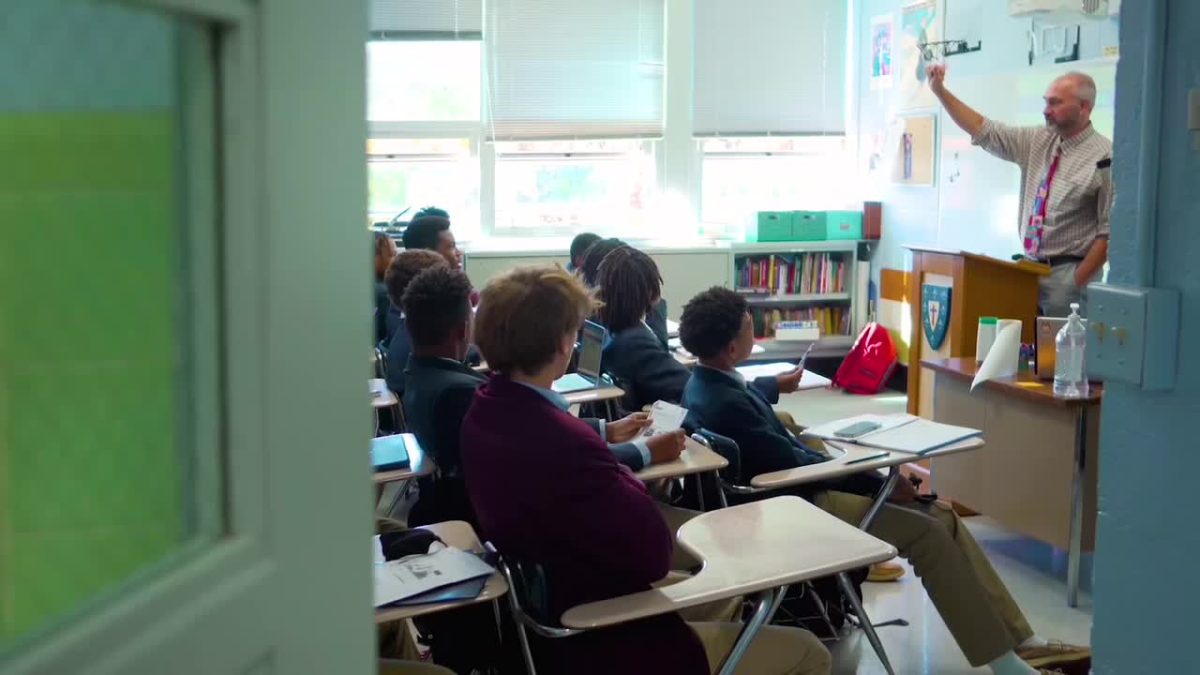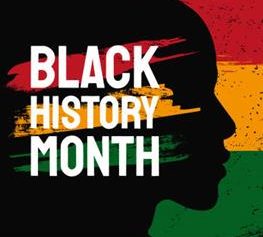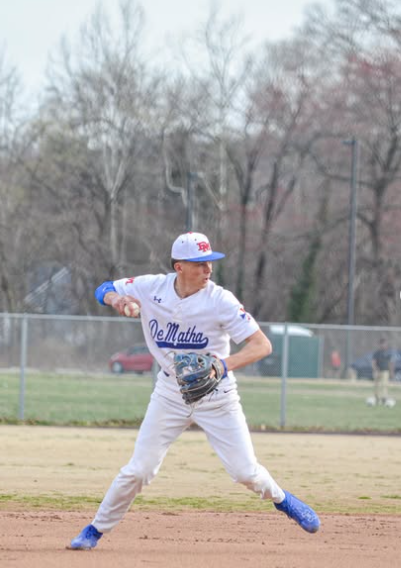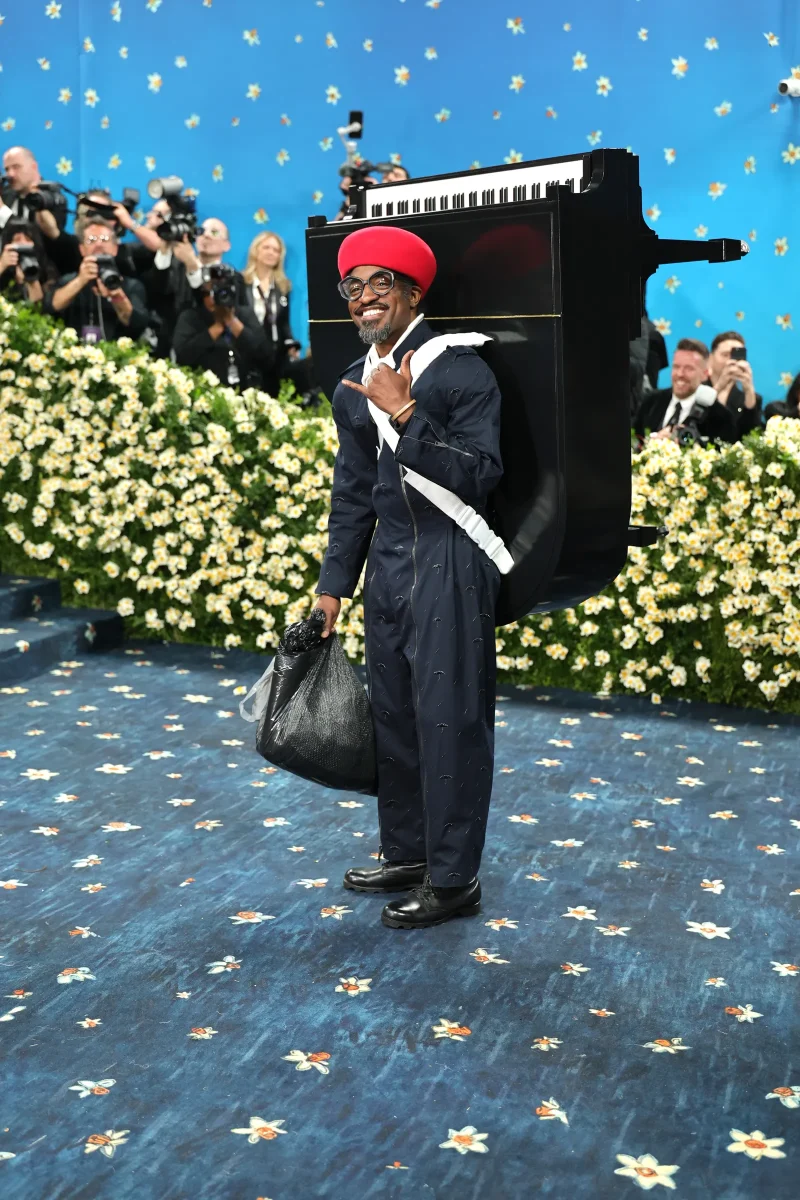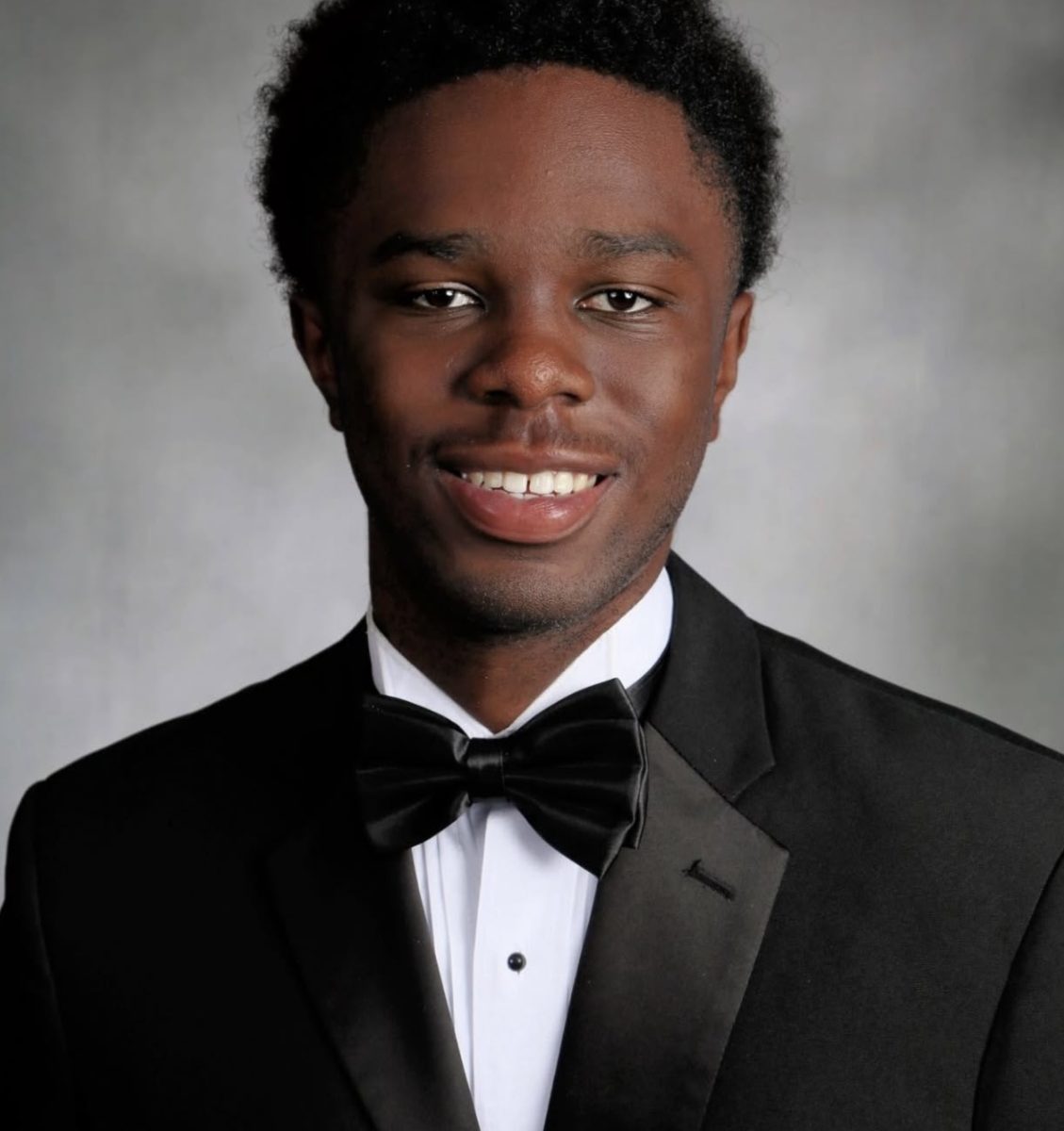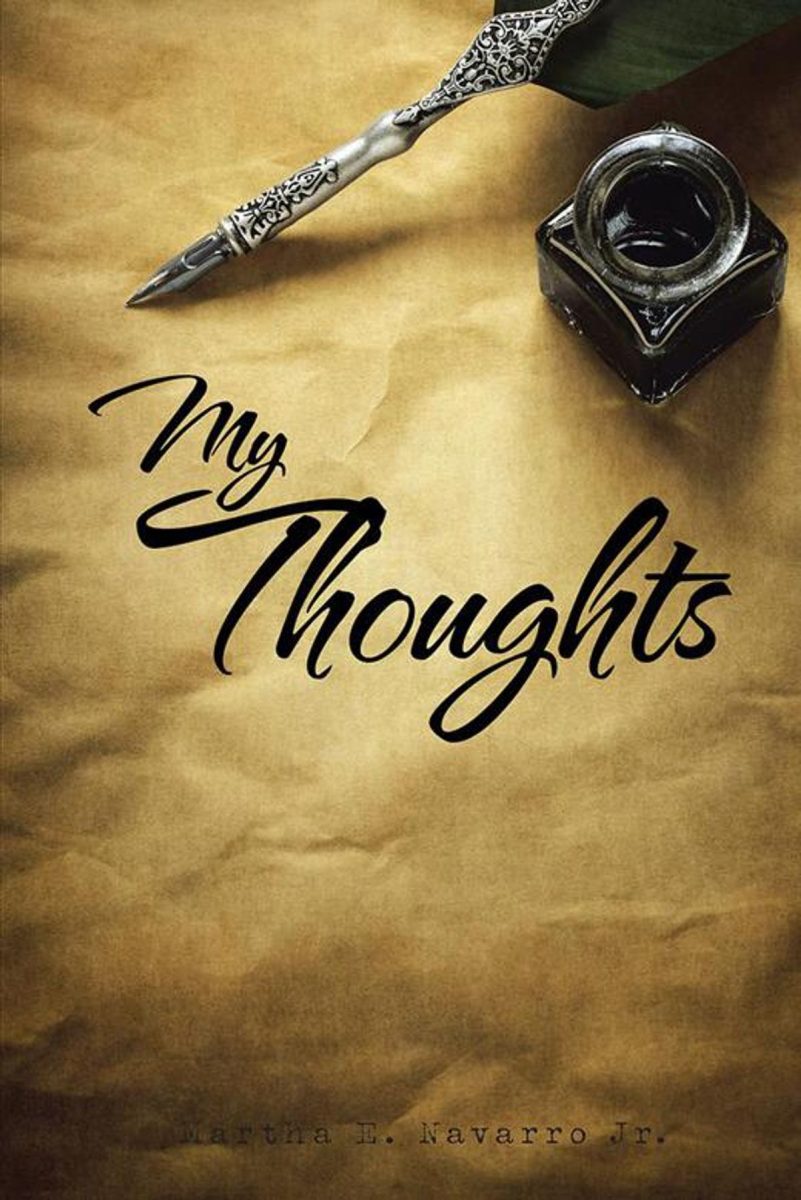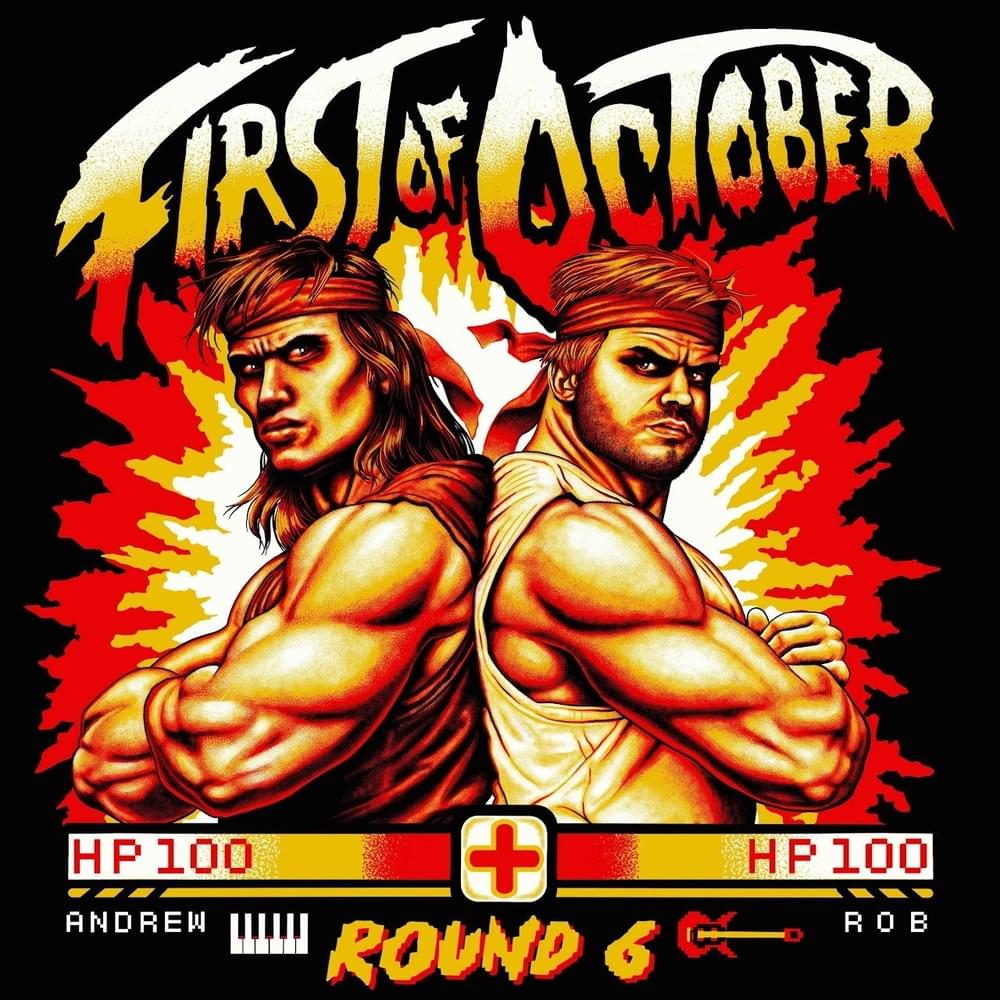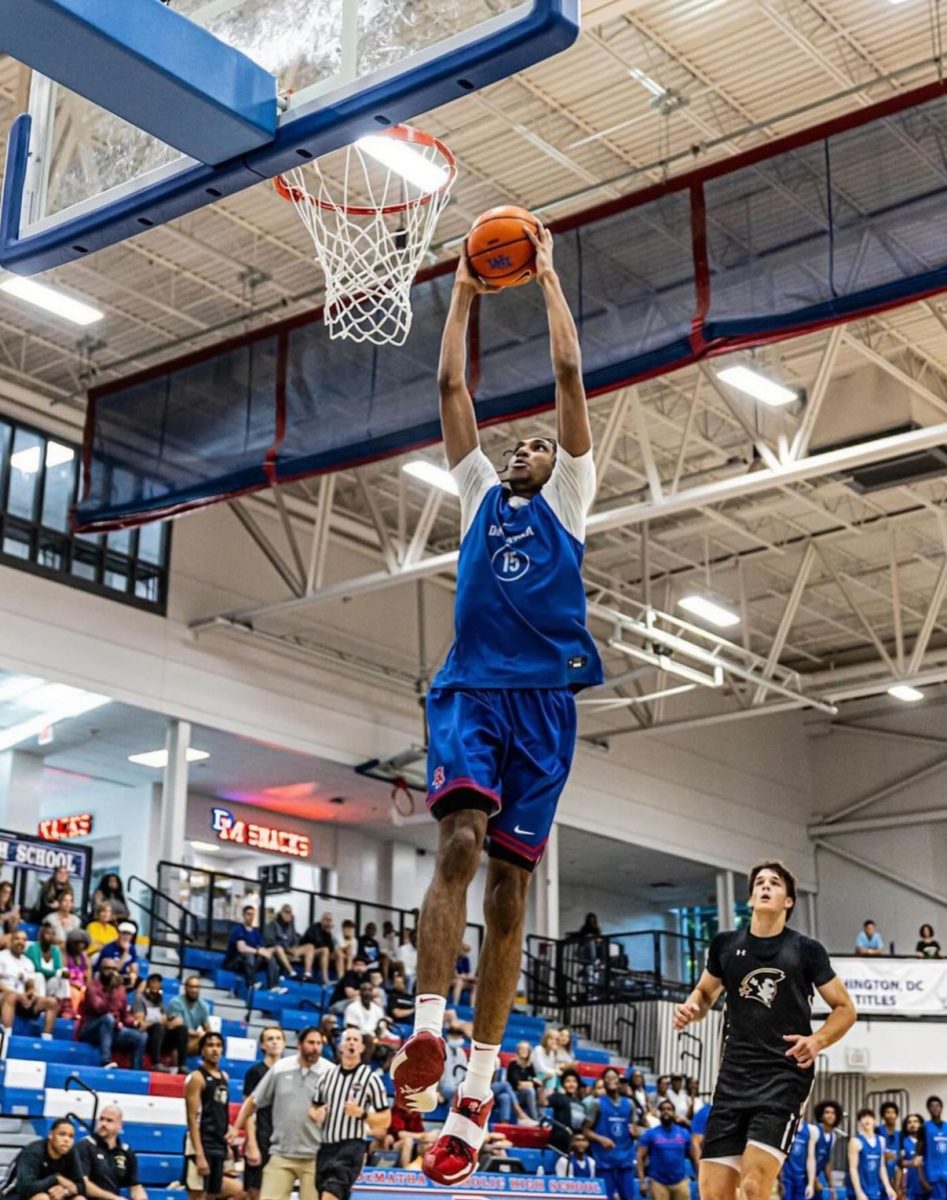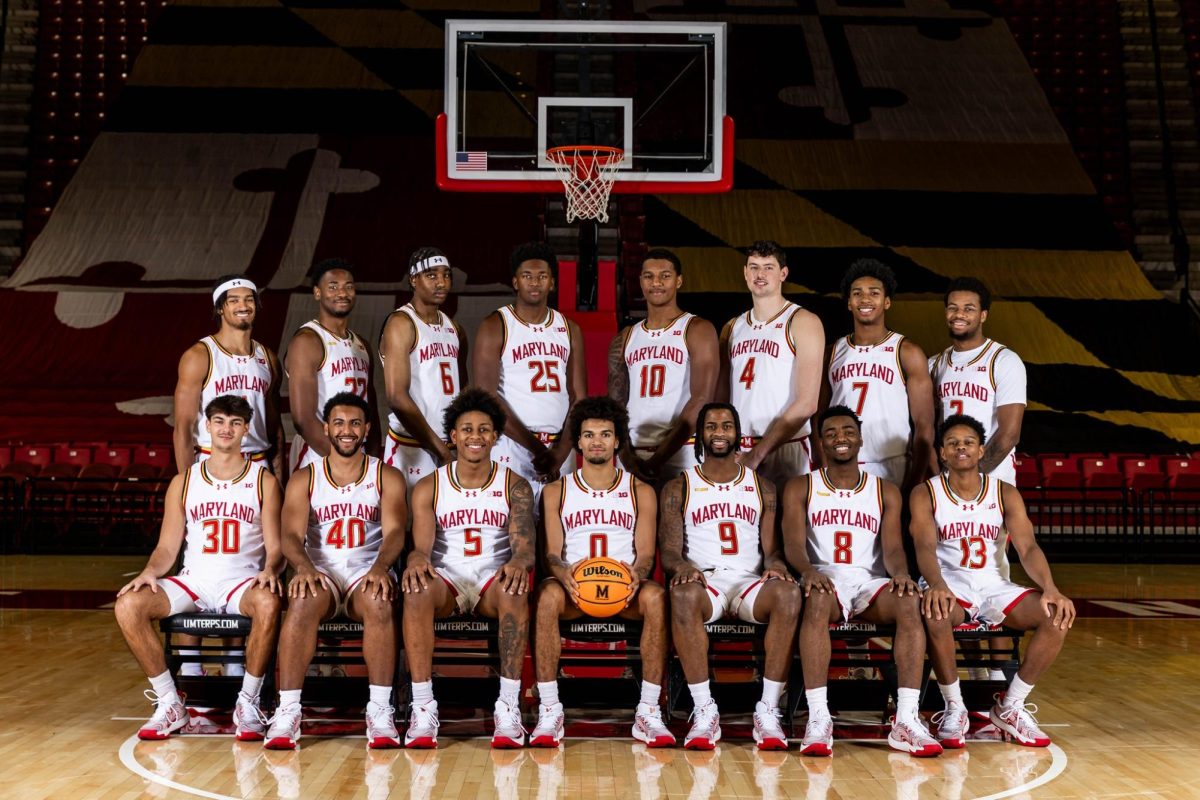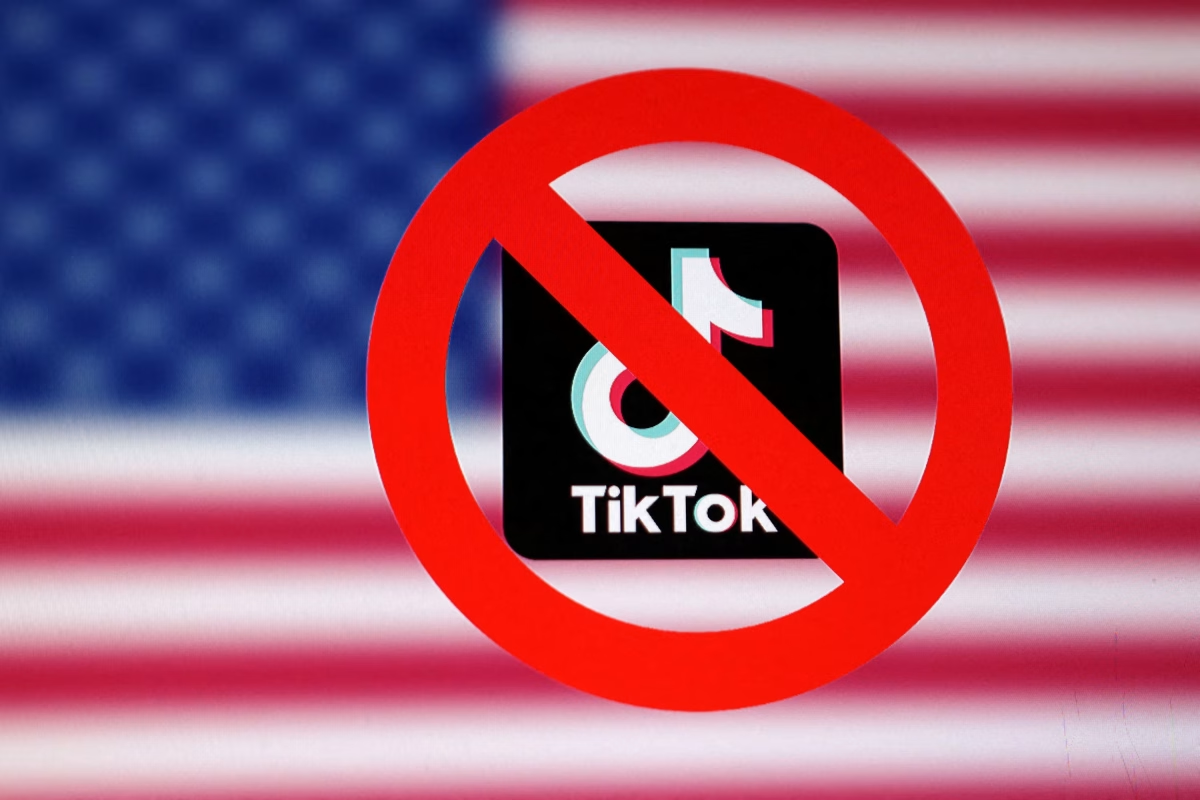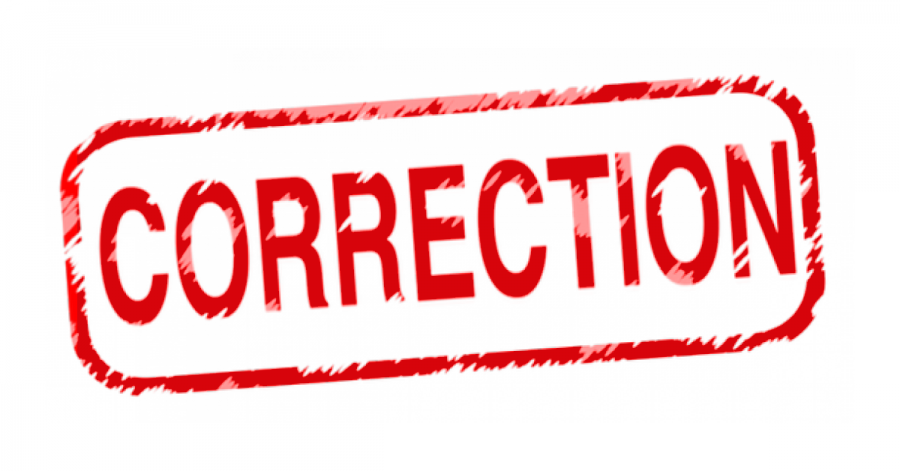A Confusing Disparity: Taking a Look at the Ukrainian Refugee Crisis
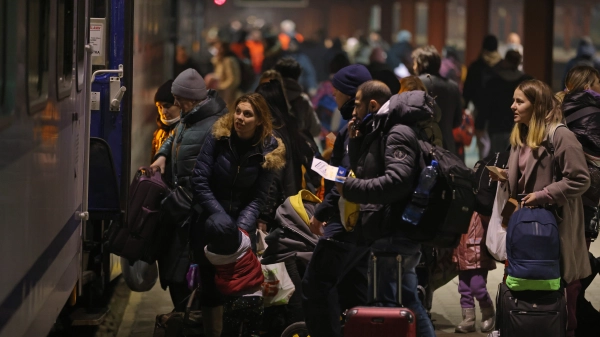
Ukrainian refugees board a train bound for Poland in the midst of the Russian invasion. Photo credit: Sean Gallup/Getty Images, 2022
March 18, 2022
The news cycle has been filled to the top with new stories covering recent developments in the war between Ukraine and Russia. Unfortunately, like any armed conflict of any type, innocents will be caught in the crossfire.
Due to the brutal effort from the Russian military in their bombing campaigns, the war in Ukraine has killed thousands and left millions more displaced. Vicious fighting in population centers like Kyiv, Kharkiv, and Mariupol leave city blocks destroyed in a devastating sight reminiscent of the destroyed cities of Syria during their own civil war. The United Nations estimates that the escalation in the conflict has displaced more than 2.5 million people, with UN High Commissioner for Refugees Filippo Grandi dubbing it “the fastest growing refugee crisis in Europe since World War II.”
Most of these refugees, women and smaller children, have been rushing to the borders of friendly countries like Poland and Slovakia to escape the violence. Many of them have been able to find aid, like Yulia Gerbut and her two sons, who were able to escape the shelling of Kyiv and find refuge with her former host mother Meegan Yockus, who hosted her 20 years ago as an exchange student in Orlando, Florida. In many countries across the world, including in Europe, there has been a general outpouring of both moral and physical support.
Unfortunately, some residents of Ukraine have not received such welcoming attitudes and warm feelings. Africans and Arabians living in Ukraine have been forced to wait at the borders of several countries, like Poland, sitting at the crossings for hours for no reason while white Ukrainians are allowed to pass through with ease. Indians in Ukraine have faced similar challenges, such as being denied access to trains out of the country while others were able to board. This is in stark contrast to many of the statements and policies being taken on by surrounding countries. Many European countries, outside of ones like the United Kingdom, have been fairly lenient in ignoring normal visa and passport requirements in what London-based immigration and asylum lawyer Colin Yeo calls an “emergency situation.”
Prominent figures, like Bulgarian Prime Minister Kiril Petkov, have issued statements that seem to unfairly compare the refugees from Ukraine to refugees from places like Afghanistan, Syria, and Africa. “These people are intelligent…this is not the refugee wave we have been used to.” He then proceeded to generalize previous refugees as people with “unclear pasts,” and people “who could have even been terrorists.” Former Deputy Prosecutor of Ukraine, David Sakvarelidze, made another similarly controversial statement while on air with the BBC. “It’s very emotional for me because I see European people with blue eyes and blonde hair being killed.”
This response is not only limited to politicians and officials; journalists have been voicing similar, biased opinions. Charlie D’Agata, a foreign correspondent for CBS News, made an extremely controversial statement on air. On February 25, he said, “[Ukraine] isn’t a place, with all due respect, like Iraq or Afghanistan, that has seen conflict raging for decades… This is a relatively civilized, relatively European… city, where you wouldn’t expect that or hope that it’s going to happen.”
One cannot help to see a different air surrounding the Ukrainian refugee crisis than the one that was prominent with the crisis regarding refugees from West Asia and Africa. Public response to the latter was considerably more hostile. In the wake of NATO intervention in Libya after the 2011 Arab Spring, residents of sub-Saharan African nationalities rushed to escape racial violence in the country. Making the treacherous journey across the Mediterranean Sea, they expected to find a safe haven from the conflict that plagued their home country. Instead, they found themselves being subject to racism and discrimination from both the people and governments. The European Union introduced asylum laws that many saw as unfair to migrants and refugees, and NGOs were also restricted from doing search-and-rescue missions, especially in Italy. In fact, Italian authorities have been aiding the Libyan coastguard in turning the migrants away.
This type of response is common in European governments, especially ones with influential populist movements. In countries like Italy, Austria, Hungary, and Germany, anti-immigration and anti-Muslim policies were passed. Denmark, in particular, was quite harsh in these efforts. To preserve “Danish values,” areas with a high population of minorities or immigrants were designated as “ghettos,” where children were required to attend daycares to assimilate them further. Going even further, the wearing of face veils in public became banned. French president Emmanuel Macron is notorious for his Islamaphobic rhetoric and policies. Racist attacks and hate crimes grew, and a general anti-foreigner feeling unfortunately grew, as well. Despite that, movements like the “gilet noirs” (black vests) in France and the “sardine nere” (black sardines) in Italy are pushing for more aid to the refugees.
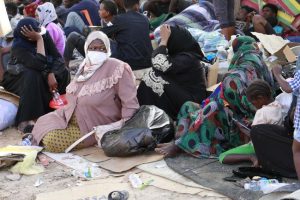
Why is the response disproportionate then? Viewing the difference in response between the Ukrainian refugees and refugees from West Asia and Africa, it is fairly clear that the difference is on a racial and religious basis. The racist and Islamaphobic rhetoric that was constantly spewed in the wake of the refugee crisis of the mid-2010s isn’t at all comparable to the warm and friendly response to the Ukrainian refugees. For one group of refugees, people are happy to open up their homes to shelter them, while simultaneously shutting the others out. One group are deemed innocent civilians escaping a hostile war, while the other are violent terrorists with an unclear past.
This is not to say that the Ukrainian refugees do not deserve respect and aid. Anyone trying to escape a war should be able to get help, but it shouldn’t be restricted to only European refugees. Obviously, the reaction will be different when people who share many cultural and ethnic ties are in danger, but the extent of human dignity and respect should not be drawn on a cultural basis. The same respect that is and continues to be given to the Ukrainian refugees deserves to be given to non-European refugees.

